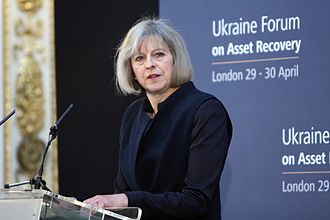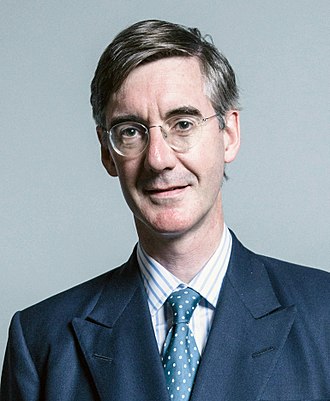Spring is here! (If you follow the solar calendar)
For anyone suffering from Seasonal Affective Disorder (SAD), the winter months…
By Robert Taylor on the February 7th, 2024

Theresa May is now two and a half months into her honeymoon period, and, to be frank, we haven’t seen much of her. First we had the summer holidays, and then other political parties grabbed the limelight during their own party conferences in September. In fact, it was only yesterday – during her BBC interview with Andrew Marr and then her first speech to conference – when we really got a good look at the new Prime Minister.
So how did she do? Well, she’s not a natural, by any means. She never has been, if truth be told. Just like her predecessors, Gordon Brown and Edward Heath (and entirely unlike, for instance, Tony Blair and David Cameron), she appears ill at ease in front of the cameras, and has a particular issue projecting warmth.
Of course, people will compare her with Margaret Thatcher, who also struggled, particularly in the early days, with her media image. To her credit, Thatcher realised this, and employed coaches and trainers to help her – and, as a result, she became reasonably good (though she was always better at conveying strength, conviction and authority, rather than warmth and humanity).
So what should Theresa May do to improve her media skills? Here are three suggestions:
May is fortunate – very fortunate – that the three other main UK-wide political parties (Labour, the LibDems and UKIP) are all struggling. But it may not always be like that. So now is the time to cement her authority, and develop her media skills. Because there’s bound to be a time, perhaps not too far away, when she needs those skills to keep her premiership going.
October 3rd, 2016

For anyone suffering from Seasonal Affective Disorder (SAD), the winter months…
By Robert Taylor on the February 7th, 2024

According to some of the bookies, Jacob Rees-Mogg is now the…
By Robert Taylor on the November 17th, 2017